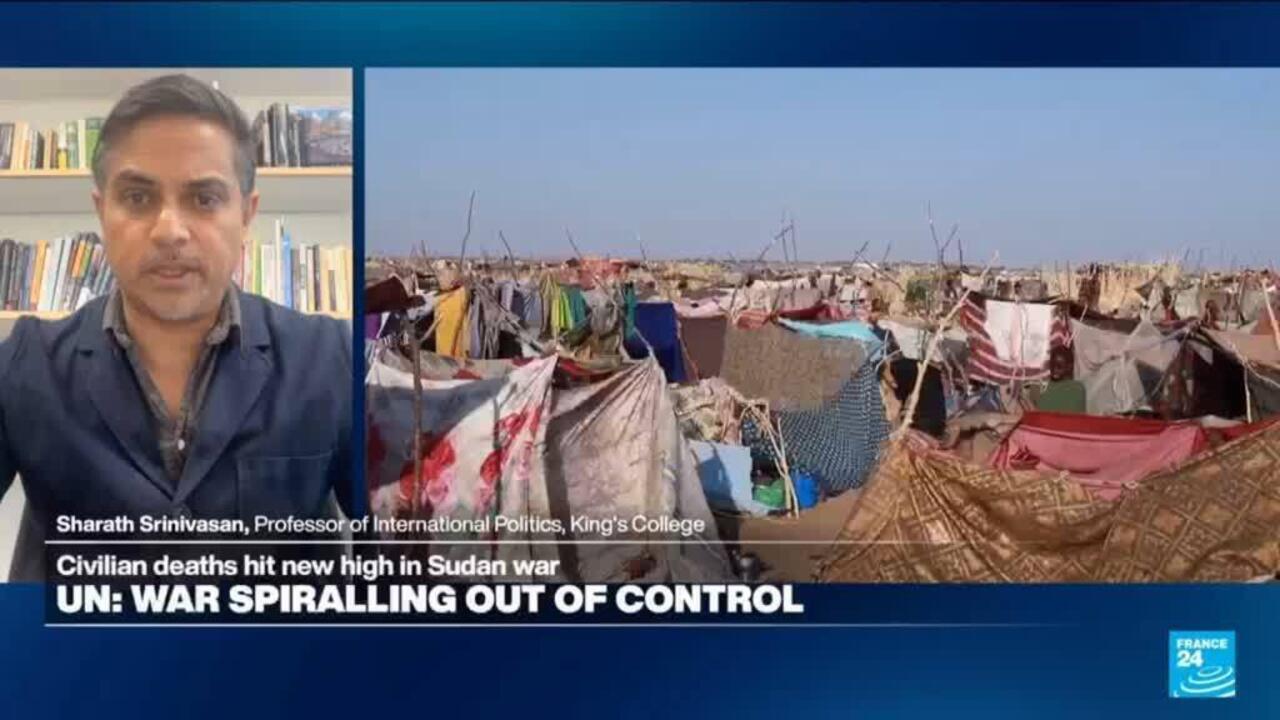
Authorities have intensified their efforts to repatriate Afghan migrants after deadly clashes (Image: Getty)
After a wave of deadly clashes between the Taliban in Afghanistan and Pakistan last month, Pakistani authorities have doubled their efforts to repatriate Afghan migrants, including escalating police raids of Afghan-run shops and rented homes. The intensification has been felt across the country, not just border areas, including in the capital, Islamabad and nearby Rawalpindi.
Fearing legal ramifications, landlords have also evicted Afghan renters or refused lease renewals, forcing families to find new homes. Police have also started making announcements in mosques, warning that anyone who helps Afghan migrants, including by letting them into houses, would be considered a criminal by the government. Afghans in Pakistan now also face serious obstacles if they attempt to renew their visas - the procedure is now costly, uncertain and often subject to significant delays. Activists have said migrants are being used for leverage in the conflict between Islamabad and the Taliban.

The Pakistani government insists that illegal Afghan migrants pose a security risk (Image: Getty)
According to the UN's refugee agency, UNHCR, about three million Afghan nationals currently reside in the country, but only 1.4 million hold the proper documentation.
"We are in hiding and our families are fragmented, unable to stay in one place due to the fear of arrest and police violence. Our businesses have come to a standstill, our children have dropped out of school, and we have no time to consider our next steps," an anonymous Afghan citizen told DW.
The crackdown has caught many urban Afghans by surprise, as they have lived and worked in Pakistan for decades. "I was born in Pakistan and completed my education here; this place is my home," said 32-year-old engineer Abdullah Khan. "We have built our lives and careers in this country, and I never imagined that the place that has given me everything would one day force me out. It's truly heartbreaking, and we are shocked that this could happen to us."
The Pakistani government insists that illegal Afghan migrants pose a security risk.

A new wave of Afghans fled the country after the fall of Kabul to the Taliban in 2021 (Image: Getty)
"For decades, we have welcomed Afghans into our country, but now it is essential for those residing here illegally to depart with dignity and respect," Talal Chaudhry, a senior interior ministry official, told DW. He added that some Afghans are linked to militancy and drug-related crimes, and many are aiding these criminal activities.
Pakistan has accommodated waves of refugees from Afghanistan for many decades, including the people who fled from the Soviet invasion that lasted nearly a decade, starting in late 1979. More fled the civil war in the 1990s, the US-led invasion in 2001 and again following the fall of Kabul to the Taliban in 2021.
However, in recent years, Pakistan has been determined to reduce the number of Afghans on Pakistani soil. The UNHCR stated that more than 1.5 million people departed from the country - either voluntarily or forcibly - between the start of the campaign in 2023 and mid-October 2025.
"We are concerned about the dire situations Afghans are facing in Pakistan," Qaiser Khan Afridi, the UNHCR spokesperson in Pakistan," told DW.
Invalid email
We use your sign-up to provide content in ways you've consented to and to improve our understanding of you. This may include adverts from us and 3rd parties based on our understanding. You can unsubscribe at any time. Read our Privacy Policy

 3 hours ago
1
3 hours ago
1










 English (US) ·
English (US) ·